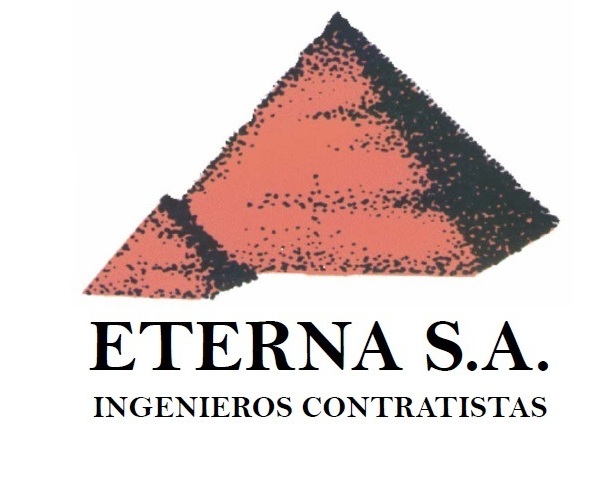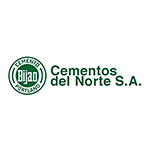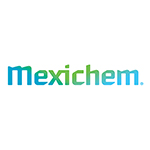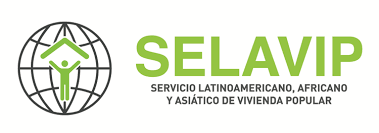Tegucigalpa, October 10, 2025.
Habitat for Humanity Honduras and the Honduran Chamber of Construction Industry (CHICO) formalized the signing of a Framework Agreement for Interinstitutional Cooperation, with the goal of joining efforts to promote community development and improve the living conditions of the most vulnerable families.
The signing ceremony took place at CHICO’s headquarters in Tegucigalpa, with the participation of Gustavo Boquín, President of the Honduran Chamber of Construction Industry, and Martha Guillén Robleda, Executive Director of Habitat for Humanity Honduras.
The agreement establishes the joint implementation of programs, projects, and activities aligned with the Sustainable Development Goals (SDGs), emphasizing poverty reduction, gender equality, the promotion of sustainable cities and communities, and the creation of strategic partnerships.
Among the initiatives included in the agreement is Habitat for Humanity’s global campaign, “100,000 Floors to Play On,” which is locally led by Habitat Honduras’ Women Build volunteer program. This initiative seeks to replace dirt floors with concrete ones in vulnerable households headed by women, improving the health and safety of thousands of Honduran families.
The agreement will also promote the creation of technical training workshops for women, the strengthening of the social fabric in prioritized communities, and the awareness-raising of CHICO’s member companies about the importance of engaging in sustainable housing solutions.
“This partnership reflects our commitment to working beyond the construction industry — contributing to the transformation of communities and the building of a fairer and more sustainable country,” said Gustavo Boquín, President of CHICO.
For her part, Martha Guillén stated, “Through this agreement, we strengthen Habitat for Humanity’s mission to give Honduran families the opportunity to access decent, resilient, and safe housing — building hope and a better future for all.”
The agreement will initially remain in effect for 36 months, during which both institutions will jointly carry out advocacy, training, research, and project implementation actions that contribute to the well-being of the Honduran population.





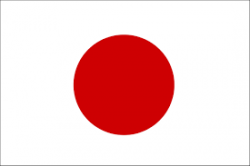
![AmancoWavin_Vertical_Cor_CMYK[1]](https://habitathn.org/wp-content/uploads/2016/07/AmancoWavin_Vertical_Cor_CMYK1.png)
